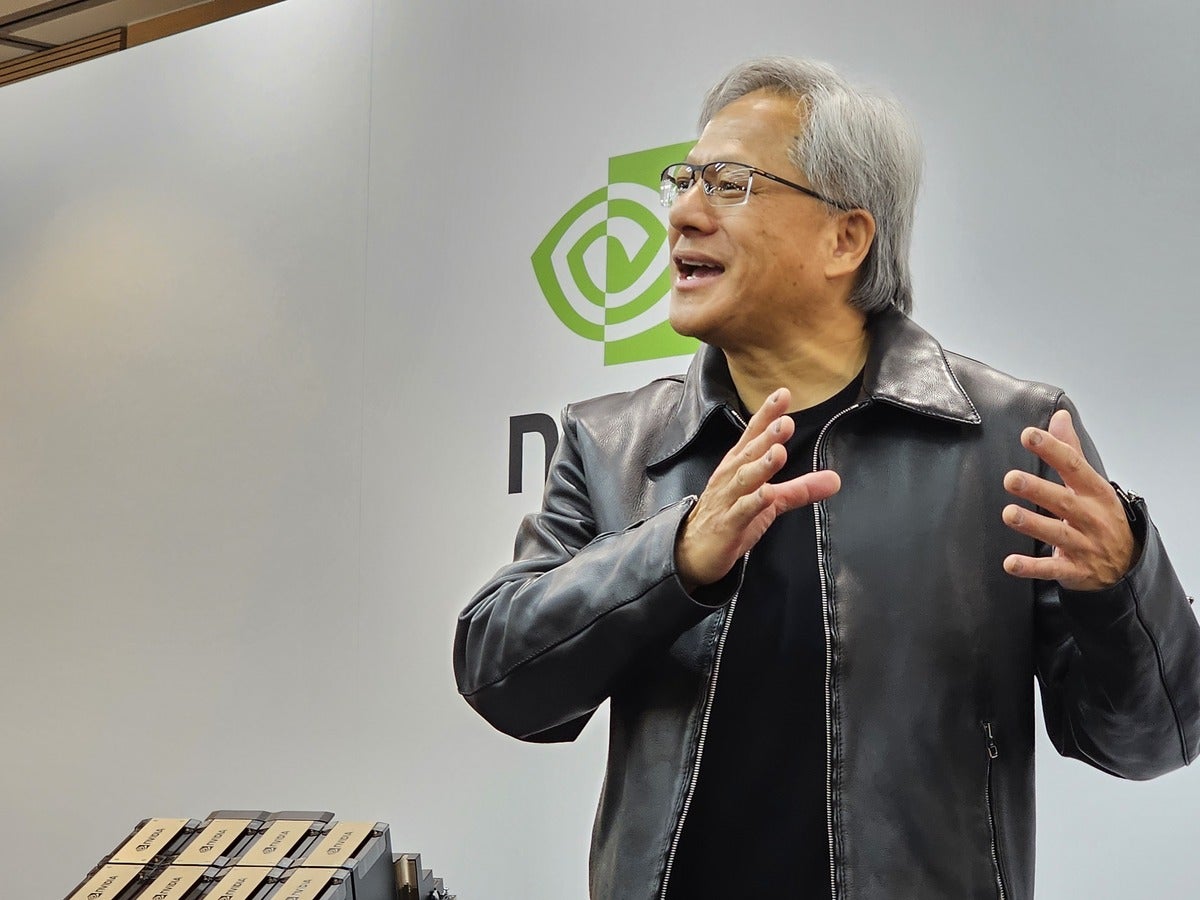Sam Altman from OpenAI is unlikely to necessitate $7 trillion for his AI chip initiative, as Nvidia CEO Jensen Huang suggests that the continual progress in processor speed and efficiency will mitigate the need for such a massive investment.
At the World Governments’ Summit in Dubai, Huang stressed the importance of acknowledging the ongoing improvements in computer performance. He stated that the anticipation of exponentially increasing computing power reduces the need for a substantial rise in the volume of computers.
In contrast to a hypothetical scenario where computer speed remains static, Huang painted a more positive picture of the future of computer architecture. He refuted the idea that securing the speculated $7 trillion budget would require the resources of multiple planets and galaxies, underscoring the evolutionary path of computer technology.
According to Digitimes Research, there is a significant uptrend expected in the global semiconductor market, with a forecasted escalation from \(556 billion in 2021 to \)1 trillion by 2023. While servers and AI are foreseen as key drivers of industry growth, the estimated figures do not align with the previously mentioned astronomical budget.
Huang predicted Nvidia’s installation base to hit \(2 trillion by the end of the decade, highlighting the substantial value provided by data centers. He detailed a strategic expansion blueprint, with the goal of integrating an additional \)2 trillion worth of data centers in the coming years to serve a worldwide user base.
The rapid expansion in AI development raises worries about the extensive energy consumption and resource utilization linked with this technological progress.
In the context of AI’s future trajectory, Huang posed a crucial query regarding the dependence on GPUs for AI applications and the potential constraints posed by current supply limitations.
While recognizing the importance of GPUs in AI advancement, Huang alluded to the emergence of alternative chip technologies that could transform the AI landscape. He emphasized Nvidia’s distinctive position in providing adaptable CUDA architecture that spans across cloud computing, servers, and edge devices, setting the company apart from its rivals.
Nvidia’s strategic initiatives to cater to varied markets involve crafting specialized GPU editions tailored for specific regions like China to navigate international trade regulations effectively.
Despite the hurdles posed by regulatory constraints, Huang expressed concerns about the rise of Nvidia GPU alternatives in China, highlighting the company’s continuous endeavors to uphold its market presence and technological supremacy in the AI domain.










